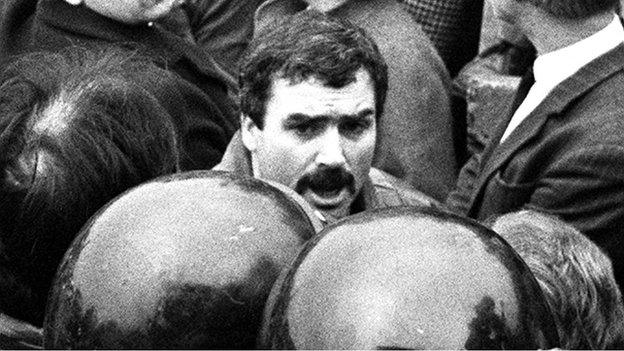Stakeknife: Chief investigator calls for witnesses
- Published
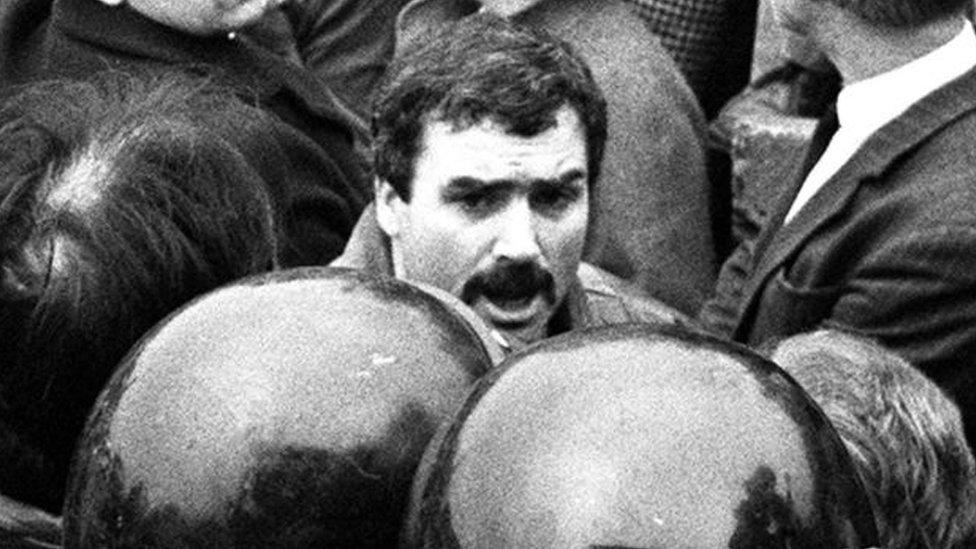
West Belfast man Fred Scappaticci denies he was an Army agent within the IRA
The head of an investigation into the man alleged to have been the Army's most high-ranking agent within the IRA has appealed to others involved in his activities to come forward.
Jon Boutcher, who leads a team of 48 detectives on the Stakeknife case, said there would not be any guarantee of immunity from prosecution.
But, anyone who helps the investigation will be treated sympathetically.
The agent, codenamed Stakeknife, has been named as Fred Scapaticci.
He is alleged to have been a member of the IRA's internal security unit, and to have been involved in more than 50 murders.
Mr Scapaticci has denied the allegations.
The investigation into his alleged activities, Operation Kenova, external, was launched in June last year.

Who is Stakeknife?
Freddie Scappaticci is alleged to have been Stakeknife, the most high-ranking British agent within the Provisional IRA.
He was the grandson of an Italian immigrant who came to Northern Ireland in search of work.
He has admitted, in the past, to being a republican but denies claims that he was an IRA informer.
He is believed to have led the IRA's internal security unit, known as "the nutting squad", which was responsible for identifying and interrogating suspected informers.
Mr Scappaticci left Northern Ireland when identified by the media as Stakeknife, in 2003.

Jon Boutcher insisted the investigation is making good progress, but urged people who may have been involved in any degree with Stakeknife's activities to come forward.
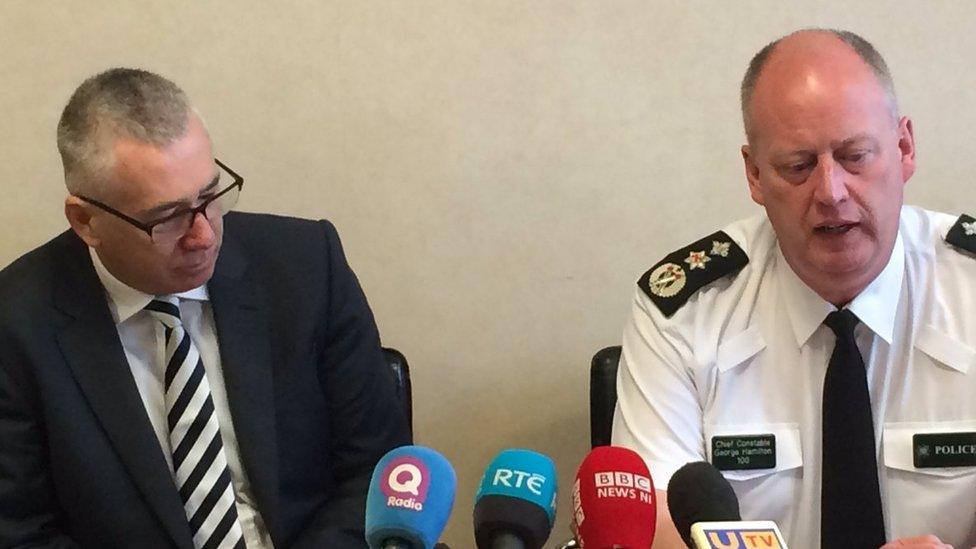
Jon Boutcher (left), chief constable of Bedfordshire Police, is leading the investigation with the authority of PSNI Chief Constable George Hamilton
"There would have been those who played a role on the periphery of the offending, they might have housed people involved, or held weapons which may have been used," he said.
"We want to speak to each and every person who played a part in any of these crimes to ultimately get to the truth for the families.
"I encourage people to come forward, you will be treated sympathetically.
"I am hoping that the passage of time since these offences occurred and the realisation that these cowardly crimes were not justified in any way will mean that misplaced loyalties will have changed and people will now feel strong enough to come forward."
Last year, Mr Boutcher told the BBC that significant new evidence had already been uncovered, and that he believes the investigation will result in criminal prosecutions.
- Published14 October 2016
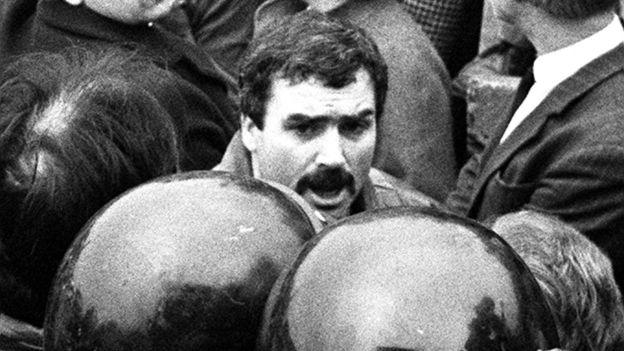
- Published14 October 2016

- Published10 June 2016

- Published25 February 2016
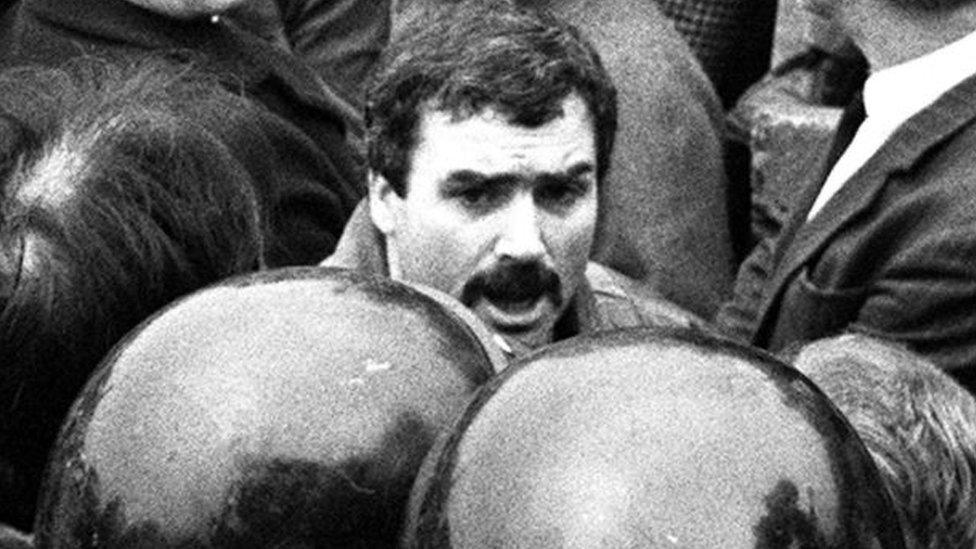
- Published23 October 2015
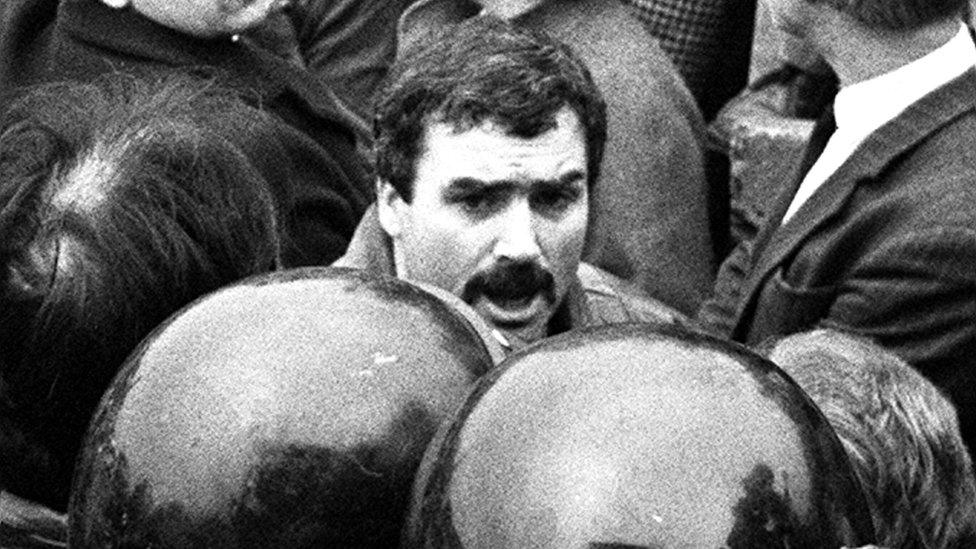
- Published21 October 2015
